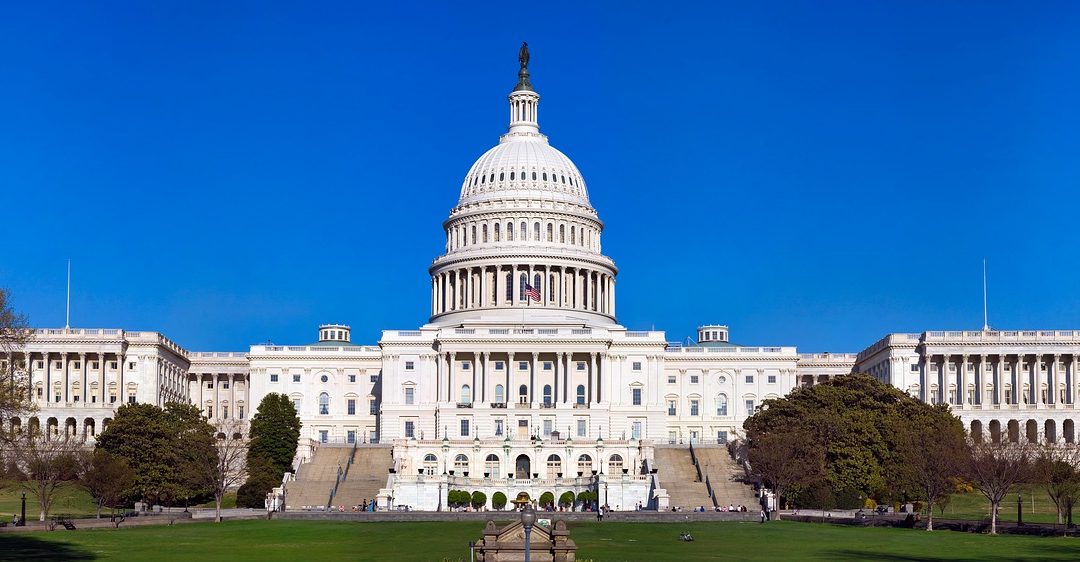Tax Tidbit
Key Dates to Watch Early This Year. Welcome to 2022! We may have welcomed a new year, but Democrats’ policy goals remain largely the same as last year. The top focus continues to be the Build Back Better Act (BBBA), which, despite passing the House last year, did not move through the Senate. Democratic leadership was unable to reach an agreement on a package that could garner support from moderates, such as Sen. Joe Manchin (D-WV). All other legislation will likely continue to take a back seat to the BBBA, though priorities could shift as the package continues to stall and other issues become more time-sensitive leading up to the November midterm elections.
Looking to the months ahead, below is a list of upcoming dates and factors that could spur movement or serve as turning points with respect to the BBBA and other legislative priorities:
- Consumer Price Index. Rising inflation has proven a major roadblock to enacting a robust BBBA. Decades-high inflationary pressure has motivated lawmakers like Manchin to push for a reduction in the overall cost of the $1.75 trillion House-passed package. Looking ahead, updated inflation numbers will be released by the Bureau of Labor Statistics next Wednesday, Jan. 12. These new numbers will influence the status of the package, particularly if they reveal inflation has not subsided or has worsened. Increasing inflation could result in Manchin calling for further reductions to spending in the BBBA.
- State of the Union. The State of the Union address has not yet been officially scheduled, but Feb. 1 and March 1 have been floated as potential dates. If not enacted prior to the address, President Biden could use the State of the Union to reiterate the urgency of passing the package. He could also use the address to impose additional arbitrary deadlines or announce policy changes that would further appease Manchin and other moderates.
- Continuing Resolution. The continuing resolution (CR) enacted last year expires on Feb. 18. Congress will therefore need to enact federal funding legislation before then or pass another CR to avoid a government shutdown. It is unclear whether a deal on appropriations will be reached, or if Congress will simply pass another continuing resolution. Some items from the BBBA could work their way into an appropriations bill or into a tax extenders package that is attached to the appropriations bill.
- Midterm Primary Elections. In election years like 2022, lawmakers spend more time on the campaign trail than they otherwise would in an off-cycle year. The November midterm elections means fewer in-session days, thereby shortening an already tight legislative calendar. Because Democrats will want to run on legislative victories associated with the Build Back Better Act, they will try to expedite passage of some form of the package in the early months of 2022. In terms of timing, the first primary will be held on March 1 in Texas. After that, most states will not begin holding primaries until May, which could serve as a soft deadline to pass the BBBA or turn legislative attention elsewhere.
In the meantime, Democrats are expected to continue pushing voting rights legislation, confirming Biden administration nominees and advancing legislation to address U.S. competitiveness in relation to China.
Legislative Lowdown
Build Back Better: Negotiations Status. Prior to the holiday break, Sen. Joe Manchin (D-WV) announced he would not vote for the Build Back Better Act, which Senate Majority Leader Chuck Schumer (D-NY) had sought to pass by the end of the year. While Manchin’s comments caused legislative movement to stall, negotiations have continued between Manchin, Democratic leadership and the White House.
Now in 2022, President Biden and many congressional Democrats have the same New Year’s resolution: enact the Build Back Better Act. Schumer, for instance, said prior to the break that he wants the Senate to vote on “a revised version of the House-passed” legislation. To secure the votes necessary for passage, though, he will need to court Manchin and Kyrsten Sinema (D-AZ). Below are the most recent developments with respect to the moderate duo:
Manchin
Given his concern about the overall price of the package, Manchin has called for the removal or scaling back of the Child Tax Credit (CTC), which is estimated to cost $1.6 trillion over10 years. Because he has set a topline ceiling of $1.75 trillion, little room would be left over if the CTC were included.
Sinema
Sinema, however, remains opposed to tax increases, running contrary to calls from Manchin and other Democrats to increase taxes on wealthy individuals and corporations. Additionally, in late December, it was reported that Sinema might be interested in including a carveout from the proposed surtax on individual income above $10 million for pass-through businesses.
Read the FULL “Taxation & Representation, January 4, 2022” update from Brownstein Hyatt Farber Schreck.
Policy and Taxation Group is your voice in Washington on economic freedom. We advocate for policies that allow American families to fully enjoy the economic liberties and benefits of a robust free market unique to our nation. For over 25 years, we have been the loudest voice in the nation’s capital on eliminating the death tax. This ill-conceived tax has a destructive impact on families, family businesses, job creation, and the national economy.
@FamilyEnterpriseUSA @PolicyAndTaxationGroup @DitchTheEstateTax #FamilyBusiness #Business #SmallBiz #EstateTax #Deathtax #CapitalGainsTax #StepUpInBasis #Taxes #gifttax #Generationskippingtax #InheritanceTax #repealestatetax #promotefamilybusinesses #taxLegislation #AdvocatingForFamilyBusinesses #incometax #Generationallyowned #Multigenerationalbusiness

